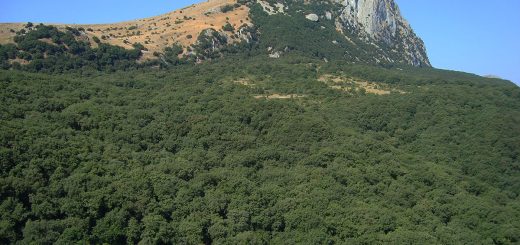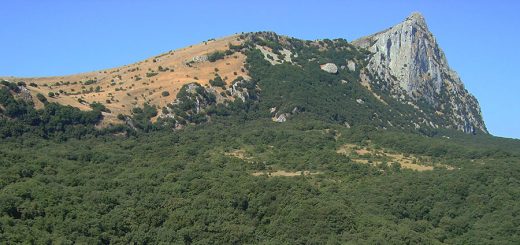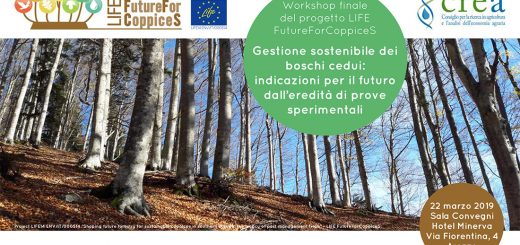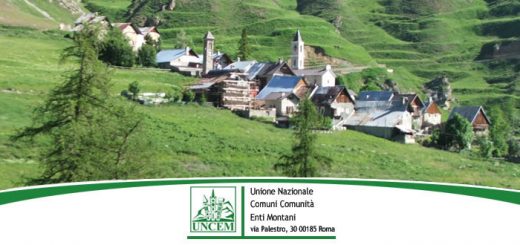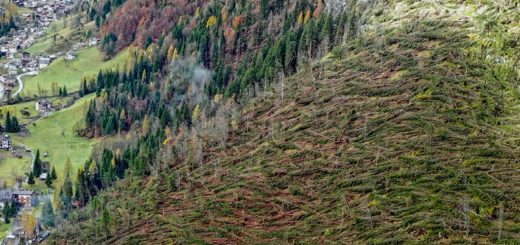Save-the-date: XIII Congresso Nazionale della Società Italiana di Nematologia (Catania, 2-4 Ott 2019)
Dal 2 al 4 ottobre 2019 si terrà a Catania il XIII Congresso Nazionale della Società Italiana di Nematologia, organizzato congiuntamente dalla SIN, dal Dipartimento di Scienze Biologiche, Geologiche e Ambientali e dal Dipartimento di Agricoltura, Alimentazione e Ambiente dell’Università di Catania. Nelle giornate saranno trattate le seguenti tematiche…

